The book helps people understand the meaning of idioms used in textbooks, and at the same time provides rich, diverse and lively means of expression. This is also a way to help children expand their idioms, helping them learn Vietnamese better. Using idioms will help them achieve high efficiency in communication, and understand their mother tongue more thoroughly"...
However, when I read it, I found it a bit strange because there were sentences that I knew for sure were proverbs, but the book classified them as idioms, such as “Learn to eat, learn to speak, learn to wrap, learn to open”; “Chew well, stay full longer, plow deep, get good rice”... I became confused, not knowing what other mistakes and errors the book had besides those. I really hope the “Chatting about words” column will have a review of this book.
Thank you very much".
Answer: As reader Le Van Hoc commented, the Vietnamese Idioms Handbook for Students (compiled by Associate Professor, Dr. Ha Quang Nang - Ha Thi Que Huong - Hanoi National University Publishing House 2016) has quite a few errors. Here, we would like to give some brief comments.
1 - Mistaking proverbs for idioms
The book “Vietnamese Idioms Handbook for Students” devotes an important part to help students identify and distinguish the difference between idioms and proverbs. However, right in this theoretical part, the author mistook proverbs for idioms. For example, Danh chinh ngon thuan; An old cat turns into a fox; A fig’s heart is like a fig’s heart; Wine in, words out; A smooth start, a smooth end; Old bamboo, young bamboo; A little cat catches little mice; Only with flour can you make paste... All are proverbs summarizing folk experiences, not idioms.
In the main content, a series of proverbs continue to be "magically transformed" into idioms, including sentences that reader Le Van Hoc discovered: Hang a dog, cover a cat; Good land, birds nest; Gather the wind, create a storm; Learn to eat, learn to speak, learn to wrap, learn to open; After hardship comes sweetness; Ants carry for a long time, their nest will be full; Measure your rice according to your fish sauce; Tied buffaloes hate eating buffaloes; Adapt to the situation; Blood flows, the intestines soften; Open lips and teeth get cold; No one cries for a common father; When a fence falls, the morning glory climbs; Muddy water fattens the stork; Too blind to make it rain; The old man breaks the rope; Pulling the rope moves the forest; Accumulate small things to make a big thing; Holding on to straw is heavy/picking/stubborn; Each vegetable has its own worm; Chew well, stay full for a long time, plow deep to produce good rice; Give and take to please each other; Dogs rely on being close to home, chickens rely on being close to coop; Settling down and working; Being good will be rewarded; A house fire reveals the rats; Cheap things are bad things; Eat well, study well...
All the above proverbs are the summary of folk experiences in many fields. Idioms do not have this function.
2 - Incorrect explanation
Many idioms are interpreted incorrectly by the author, for example:
- “Eating in a corner of a pot” figuratively refers to a lowly class of people who live in hiding and squalid conditions. However, the author simply explains it as “Eating and drinking without proper arrangement of dishes”.
- “Jade leaves and golden branches” originally referred to the descendants of kings and nobles in feudal society, but later used in a broader sense, referring to [daughters] of noble families in general. However, the author explained it as “a life of leisure and happiness” (!),...
3 - Give strange versions
The Vietnamese Idioms Handbook should have collected and introduced stable idioms to help students grasp the original, standard versions. However, the book also collected incorrect, even incorrect sentences, which may have been misremembered by an individual writer, or expressed in a colloquial way, not folk. For example, "When a person becomes an official, a family is blessed", the book notes that it is taken from the Advanced Literature (NVNC) of grade 11. In fact, the correct version should be "When a person becomes an official, the whole family benefits". And this is a proverb, not an idiom. Folklore has drawn a conclusion that those in power often seek to collect and distribute benefits to relatives and siblings.
Then there are strange versions: "Climbing passes and diving streams"; "Jasmine flower, BEANS buffalo dung",...
With the serious error “Jasmine flower DAU buffalo dung”. There is no mistake here, because on page 254, the author asks students to “Explain the sentence ‘jasmine flower DAU buffalo dung’”; on page 295, the answer given is “Jasmine flower DAU buffalo dung is used to talk about the disproportion in appearance between a wife and a husband; like a beautiful girl marrying an ugly husband”.
The type of book called “handbook” is considered a small “treasure”, containing and gathering the most basic and necessary knowledge about a certain field or specialty. However, the “Vietnamese Idioms Handbook” has very basic errors in knowledge as mentioned above.
Hoang Tuan Cong (Contributor)
Source: https://baothanhhoa.vn/ve-cuon-so-tay-nbsp-thanh-ngu-tieng-viet-252340.htm


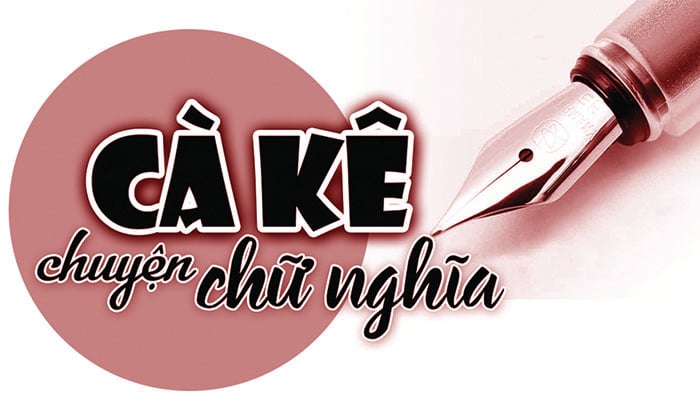

![[Photo] General Secretary To Lam attends the ceremony to celebrate the 80th anniversary of the post and telecommunications sector and the 66th anniversary of the science and technology sector.](https://vphoto.vietnam.vn/thumb/1200x675/vietnam/resource/IMAGE/2025/9/29/8e86b39b8fe44121a2b14a031f4cef46)
![[Photo] General Secretary To Lam receives US Ambassador to Vietnam Marc Knapper](https://vphoto.vietnam.vn/thumb/1200x675/vietnam/resource/IMAGE/2025/9/29/c8fd0761aa184da7814aee57d87c49b3)
![[Photo] National Assembly Chairman Tran Thanh Man chairs the 8th Conference of full-time National Assembly deputies](https://vphoto.vietnam.vn/thumb/1200x675/vietnam/resource/IMAGE/2025/9/29/2c21459bc38d44ffaacd679ab9a0477c)

![[Photo] Many streets in Hanoi were flooded due to the effects of storm Bualoi](https://vphoto.vietnam.vn/thumb/1200x675/vietnam/resource/IMAGE/2025/9/29/18b658aa0fa2495c927ade4bbe0096df)




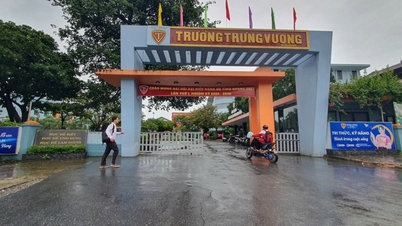

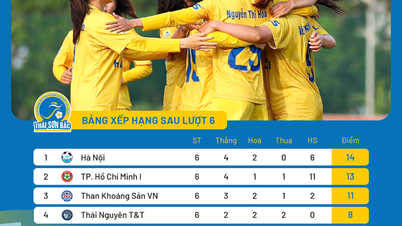



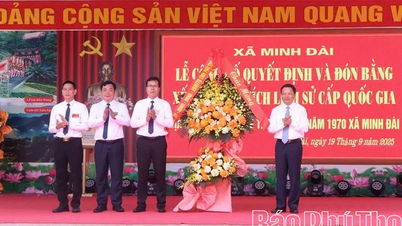
















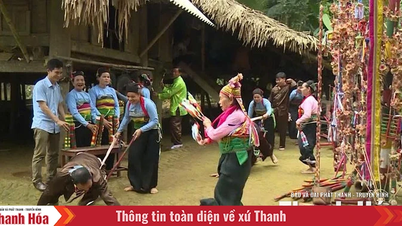
















































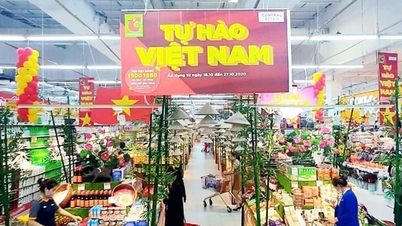


















Comment (0)